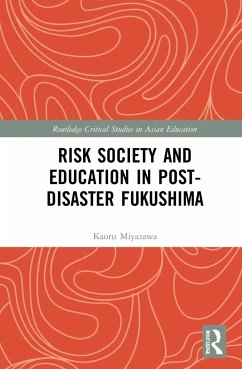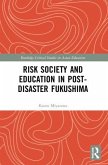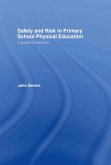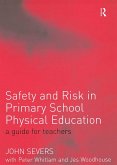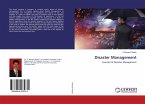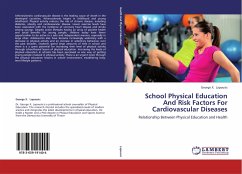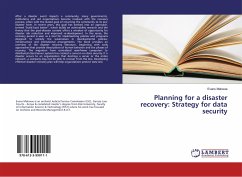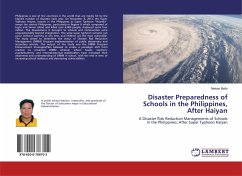In response to the explosion of the Fukushima Daiichi power plant in March 2011, this book examines how the concept of a risk society was handled in the various education programs implemented in post-disaster Fukushima. The explosion and subsequent radiation contamination that affected the biosphere of the Fukushima region and beyond, revealed that we live in a risk society. Despite this revelation, official discourses in Fukushima have been geared strictly toward the future, with the aim of restoring communities and resuming development projects. Based on the ethnographic data the author collected in Fukushima between 2013 and 2016, various contested emotions emerged in those education spaces as students and teachers remembered their romanticized and difficult past and dealt with the challenges presented by the risk society in their present lives. The emotionally-charged interactions between past and present also shaped their vision of their future community and of the actions they might take. The dialogues and actions that took places in these education spaces encourage readers to examine the meaning of development and question the basic assumptions and methods of education as society shifts to a risk society. A valuable resource for scholars and students in the fields of globalization and education, curriculum studies, sociology of education, and Japanese studies.
Hinweis: Dieser Artikel kann nur an eine deutsche Lieferadresse ausgeliefert werden.
Hinweis: Dieser Artikel kann nur an eine deutsche Lieferadresse ausgeliefert werden.

